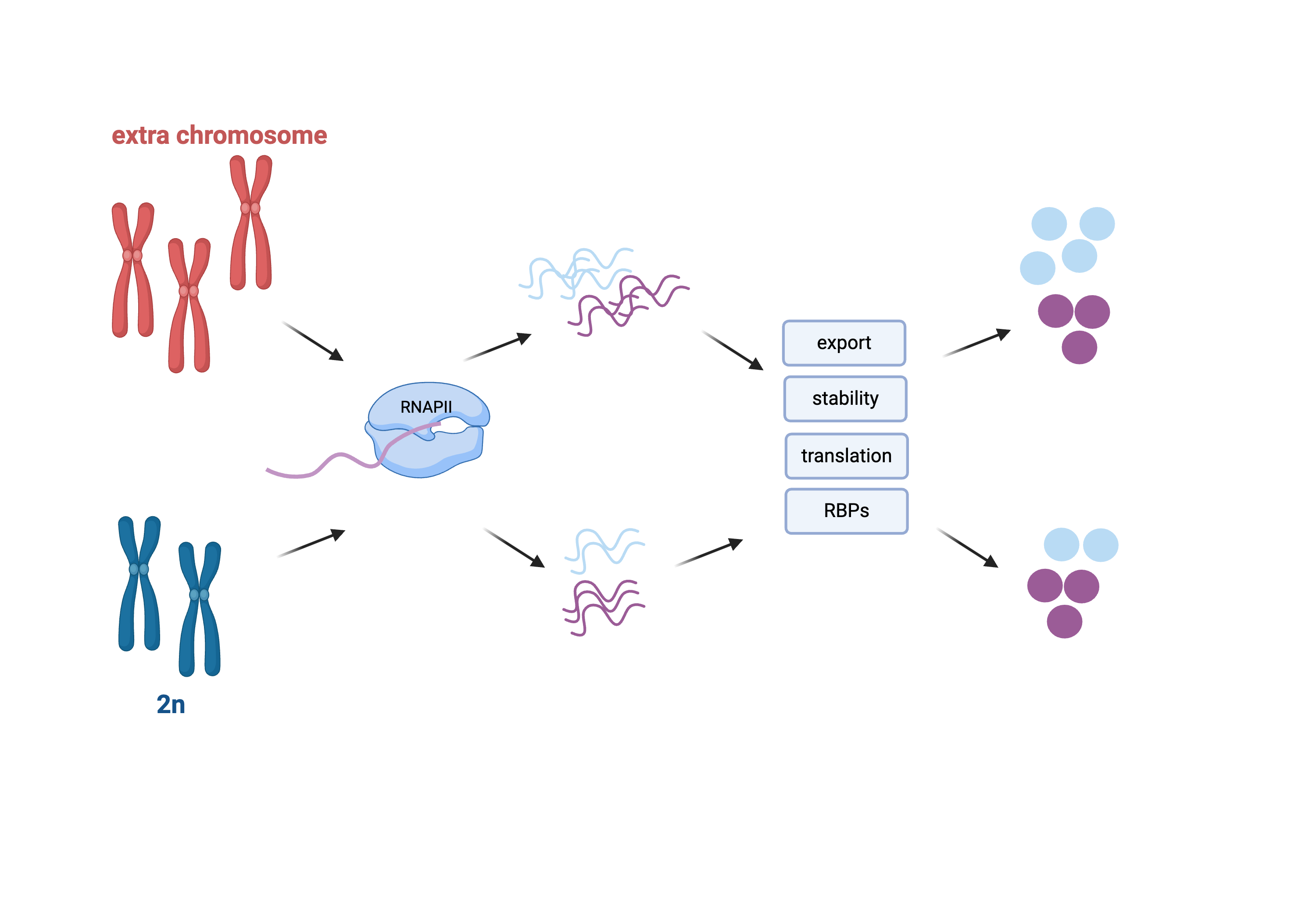List of potential PhD advisors [MCB]
PhD Programme in Biomedical Sciences is a programme at the Doctoral School of Exact and Natural Sciences the Jagiellonian University in Krakow with a strong inter-disciplinary, international inter-sectoral research and training dimension.
We will recruit early stage researchers (ESRs) in an open call, targeting the most talented and motivated ESRs in the fields of Biological and Medical Sciences. The recruitment process will adhere to the guidelines set in the code of conduct for the recruitment of researchers and the European charter for researchers, ensuring transparency of the recruitment process based on the merit and skills of applicants. The recruitment process will not discriminate applicants based on their personal features.
Training will be focused on the interest and expertise of researchers working at the Malopolska Centre of Biotechnology (MCB), Jagiellonian Centre for Experimental Therapeutics (JCET) and National Synchrotron Radiation Centre (SOLARIS).
The program covers various areas of biology:
- synthetic,
- structural,
- molecular,
- cellular,
- developmental
and utilizes plants, viruses, bacteria, invertebrates and vertebrates.
The program is also linked to interdisciplinary studies in endothelial biomedicine.
Our Students offered a place in our PhD programme will obtain a full scholarship funded by the Polish government regardless of nationality.
The applicants are free to choose the research topic and supervisors from the focus areas based on their personal interests and qualifications. We encourage our students to get involved in the broad range of scientific activities of MCB, JCET and Solaris research groups. It is also an excellent opportunity to learn to think across disciplines and build up initial collaborations and cross-disciplinary skill sets.
The programme is run in English, either in a six-semester or in an eight-semester system.
During their studies, our students are expected to attend training courses in transferable and general research skills, participate in the students' and outreach activities, present their work regularly and attend seminars.


 Project description:
Project description: